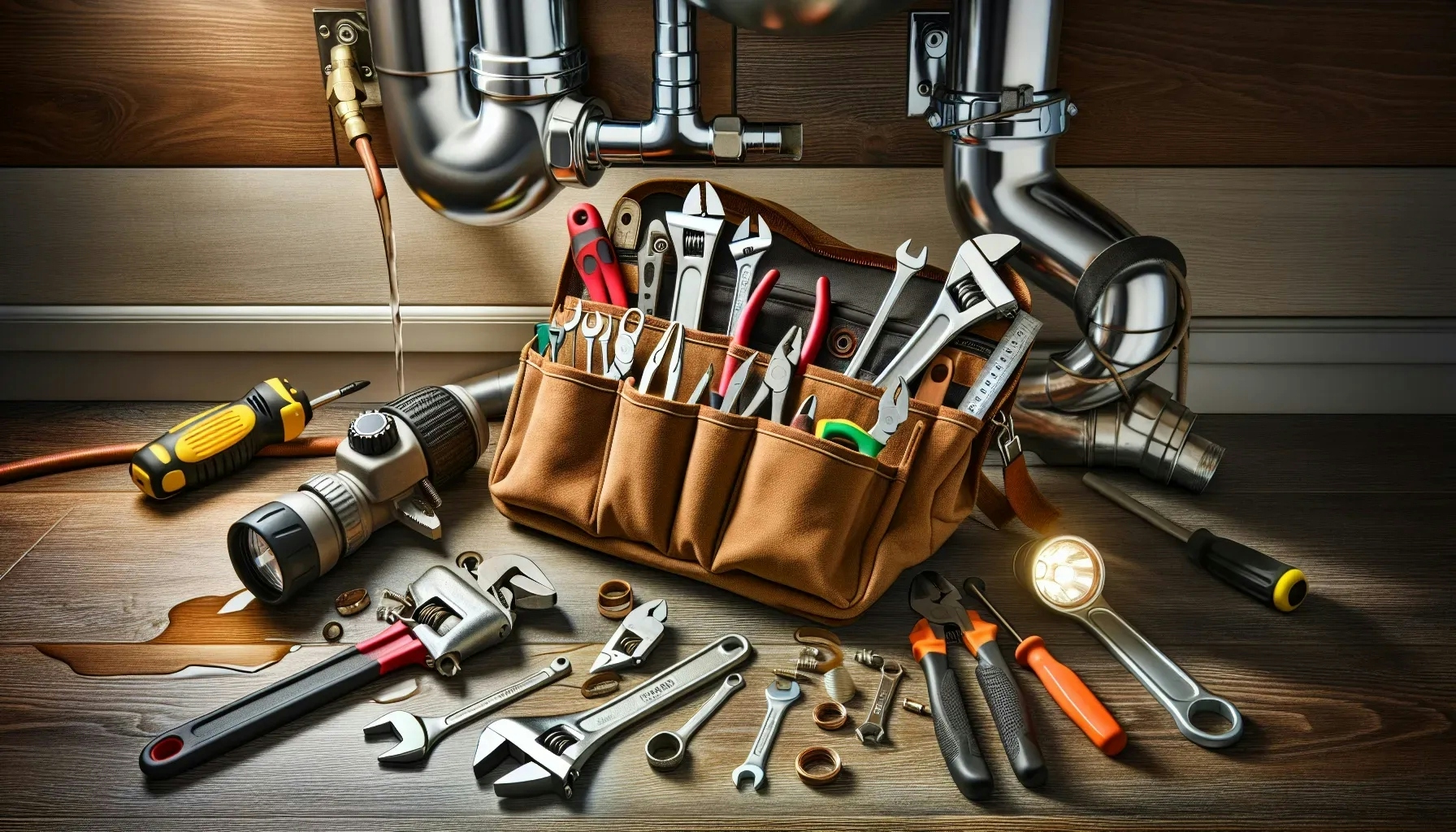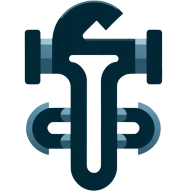Welcome to our comprehensive guide on troubleshooting residential plumbing. Plumbing issues can be a nuisance, causing inconvenience and potentially leading to costly damage. This guide aims to equip homeowners with the knowledge to identify and address common plumbing problems. From leaky faucets to clogged drains, we'll delve into the most common issues, their causes, and how to fix them.
Understanding Your Home's Plumbing System
The first step in troubleshooting residential plumbing is understanding the system. A home's plumbing system consists of two subsystems: the water supply system and the drainage system. The water supply system brings fresh water into the house, while the drainage system takes wastewater out.
Knowing the layout of these systems can help you identify where a problem might be. For instance, if you have low water pressure throughout the house, the issue might be with the water supply system. Conversely, if you have a single faucet with low pressure, the problem is likely localized to that fixture.
It's also important to know where your main water shut-off valve is located. In case of a major leak, you'll need to turn off the water supply to the house to prevent further damage.
Identifying Common Plumbing Problems
Now that you have a basic understanding of your home's plumbing system, let's explore some common problems you might encounter.
Leaky faucets are a common issue in many homes. Not only are they annoying, but they can also lead to increased water bills. The cause is usually a worn-out washer, which can be replaced relatively easily.
Running toilets are another common problem. This issue can waste a significant amount of water, leading to high water bills. The cause is often a faulty flapper valve, which controls the water that passes from the tank to the bowl.
Clogged drains can cause water to back up in your sink or bathtub. The cause is usually a buildup of hair, soap scum, or food debris. A plunger or a plumber's snake can often clear the clog.
Low water pressure can make it difficult to use your shower or sink effectively. The cause could be a buildup of sediment in your pipes, a leak, or a problem with the local water supply.
Troubleshooting Leaky Faucets and Running Toilets
If you have a leaky faucet, start by identifying the type of faucet you have. Compression faucets, which have two handles for hot and cold water, are often prone to leaks. The problem is usually a worn-out washer, which can be replaced by removing the handle and the packing nut.
For running toilets, start by checking the flapper valve. If it's not sealing properly, water will leak from the tank into the bowl. You can often fix this by adjusting the chain that connects the flapper to the toilet handle. If that doesn't work, you may need to replace the flapper.
Dealing with Clogged Drains and Low Water Pressure
For clogged drains, a plunger is your first line of defense. If that doesn't work, you can use a plumber's snake to break up the clog. If you don't have a snake, you can try a bent wire hanger, but be careful not to damage your pipes.
Low water pressure can be more difficult to troubleshoot. Start by checking if the low pressure is affecting one or all of your fixtures. If it's just one, the problem is likely with that fixture or its supply line. If all your fixtures have low pressure, you may have a problem with your water supply.
When to Call a Professional Plumber
While many common plumbing problems can be fixed with a little DIY know-how, there are times when it's best to call a professional. If you've tried troubleshooting a problem and it persists, a plumber can help identify and fix the issue.
Additionally, some problems are best left to the professionals from the start. These include major leaks, sewer line issues, and problems with your water heater. In these cases, attempting a DIY fix can cause more harm than good.
Preventing Future Plumbing Problems
Regular maintenance can help prevent many common plumbing problems. This includes regularly checking for leaks, draining your water heater to prevent sediment buildup, and being careful about what you put down your drains.
Additionally, consider having your plumbing system inspected by a professional every few years. They can identify potential issues before they become major problems.
Wrapping Up: Residential Plumbing Troubleshooting
Troubleshooting residential plumbing doesn't have to be daunting. By understanding your home's plumbing system, identifying common problems, and knowing when to call a professional, you can keep your plumbing in good working order. Remember, regular maintenance is key to preventing problems before they start.

